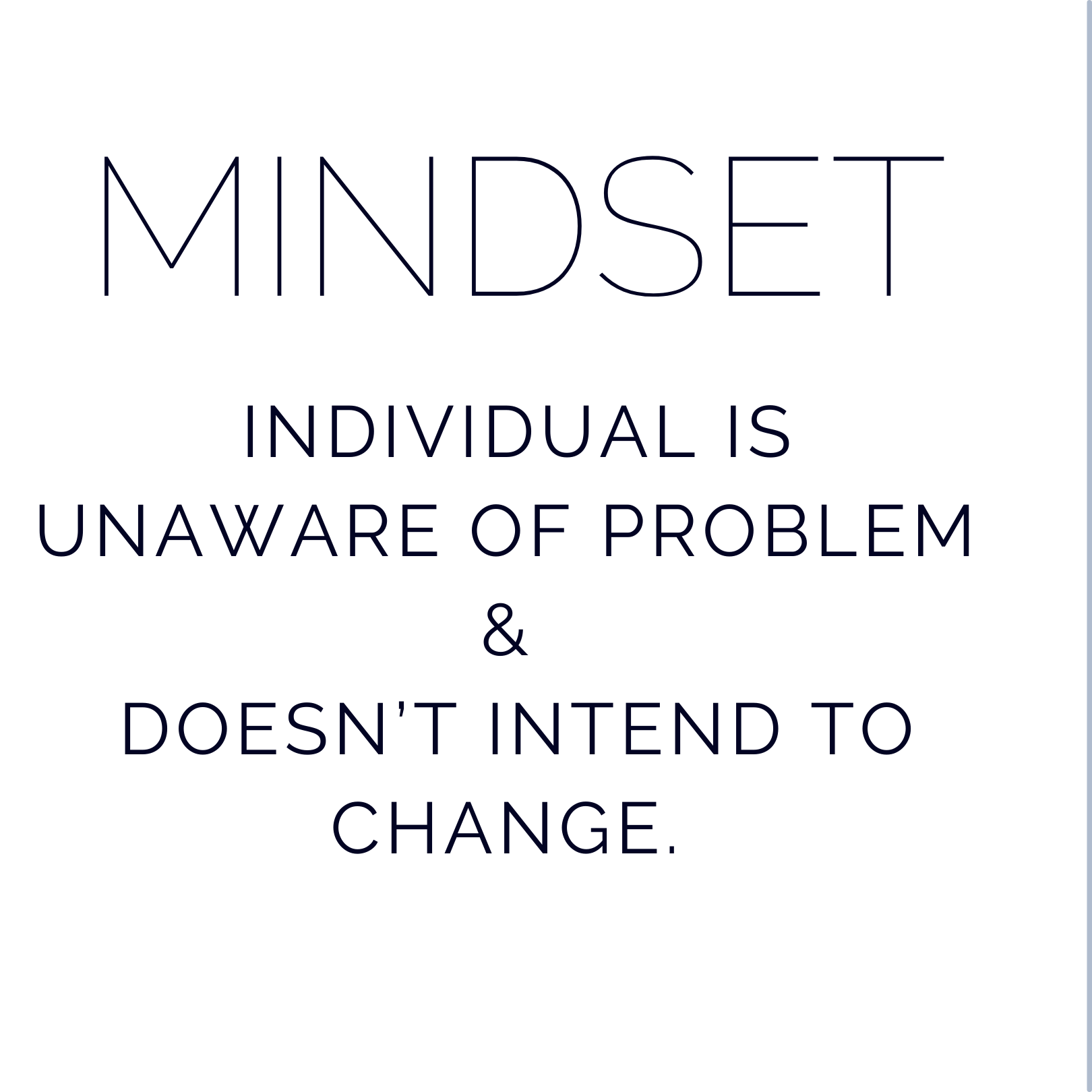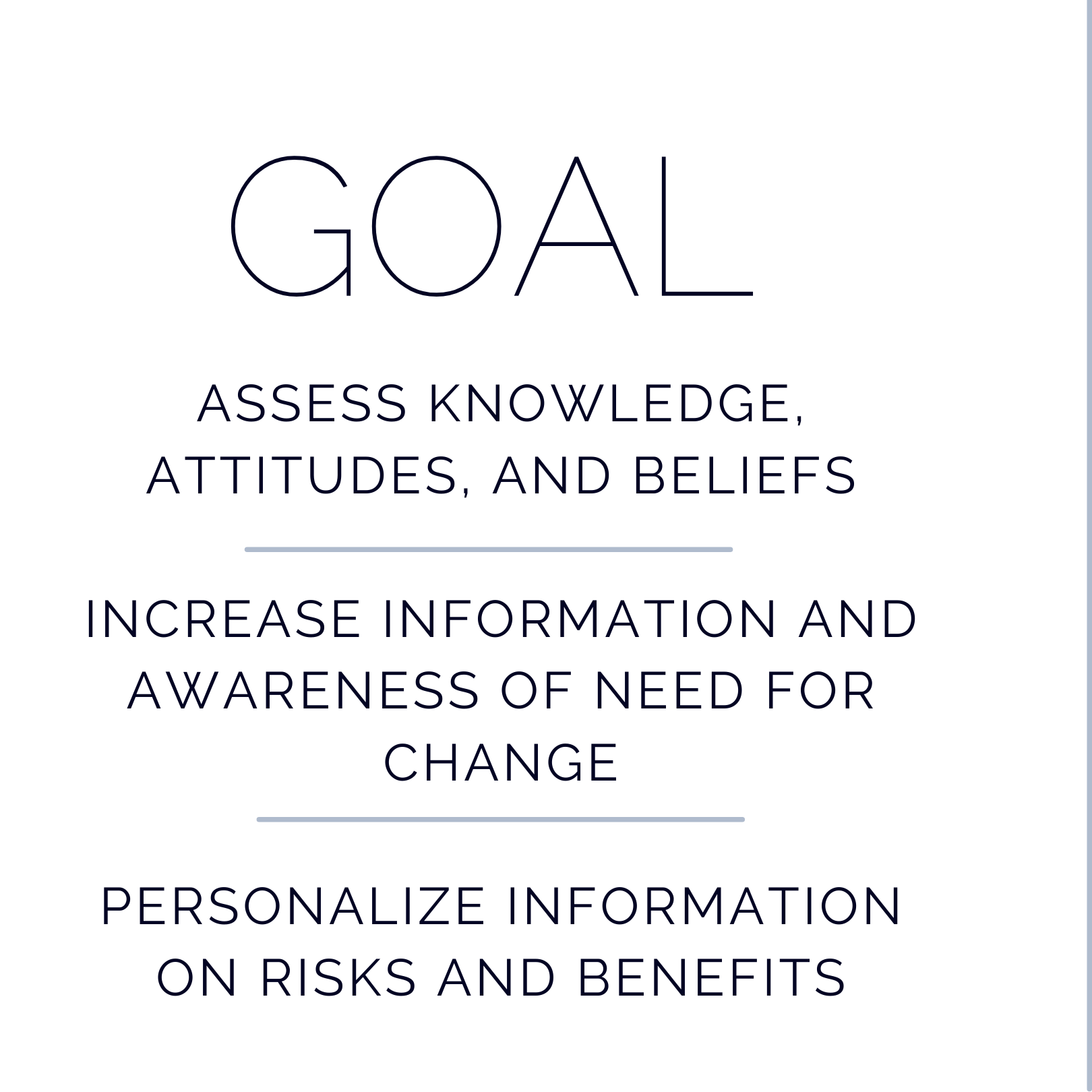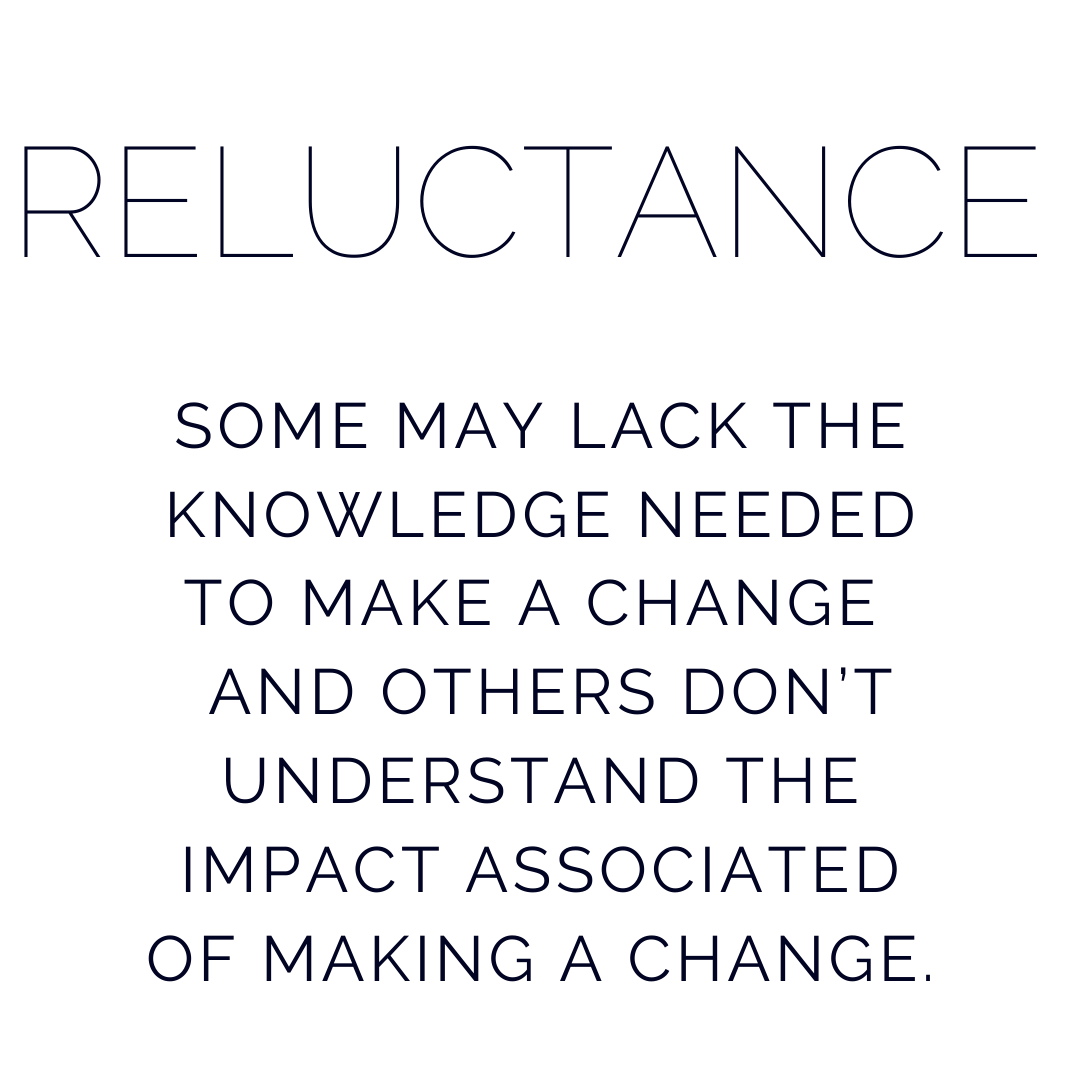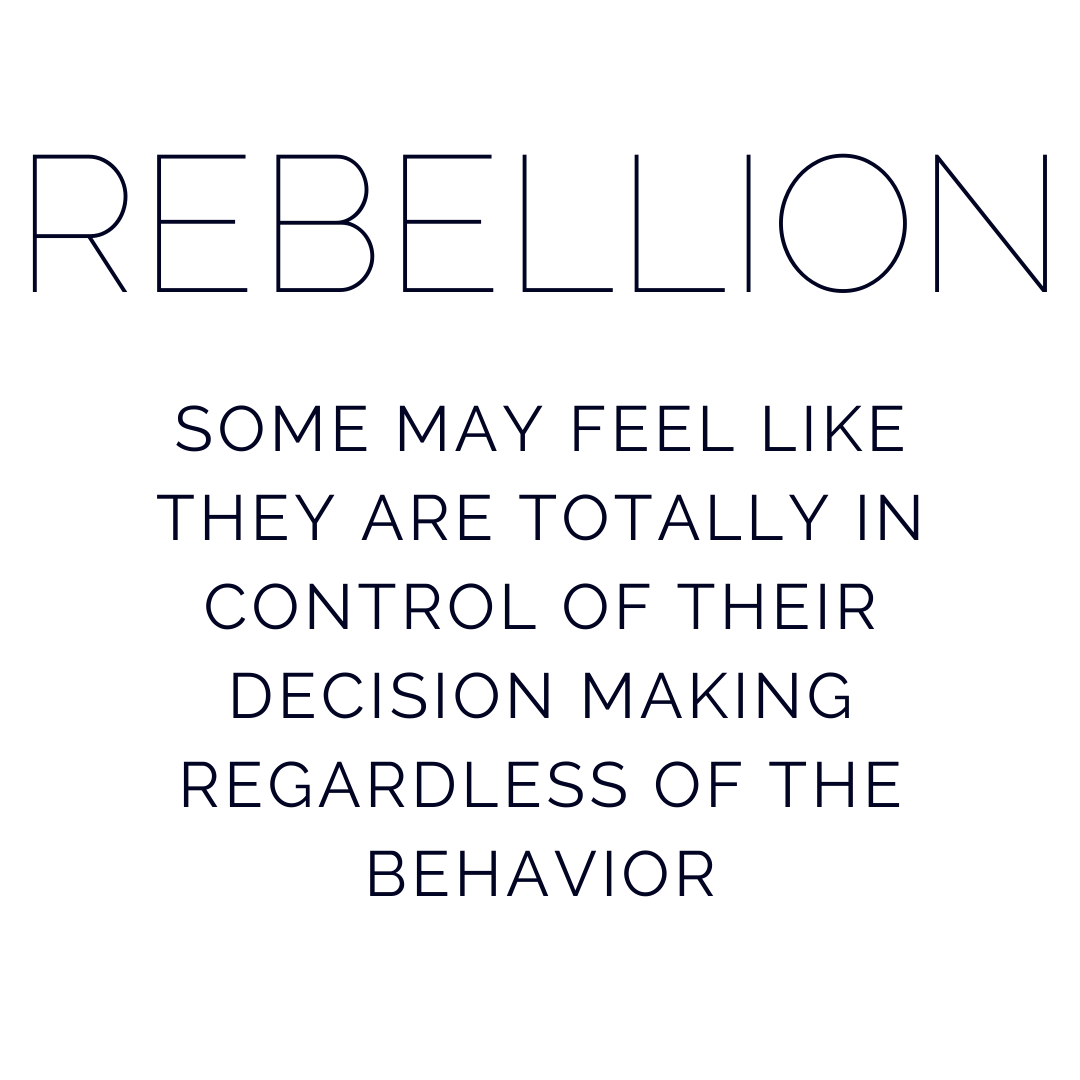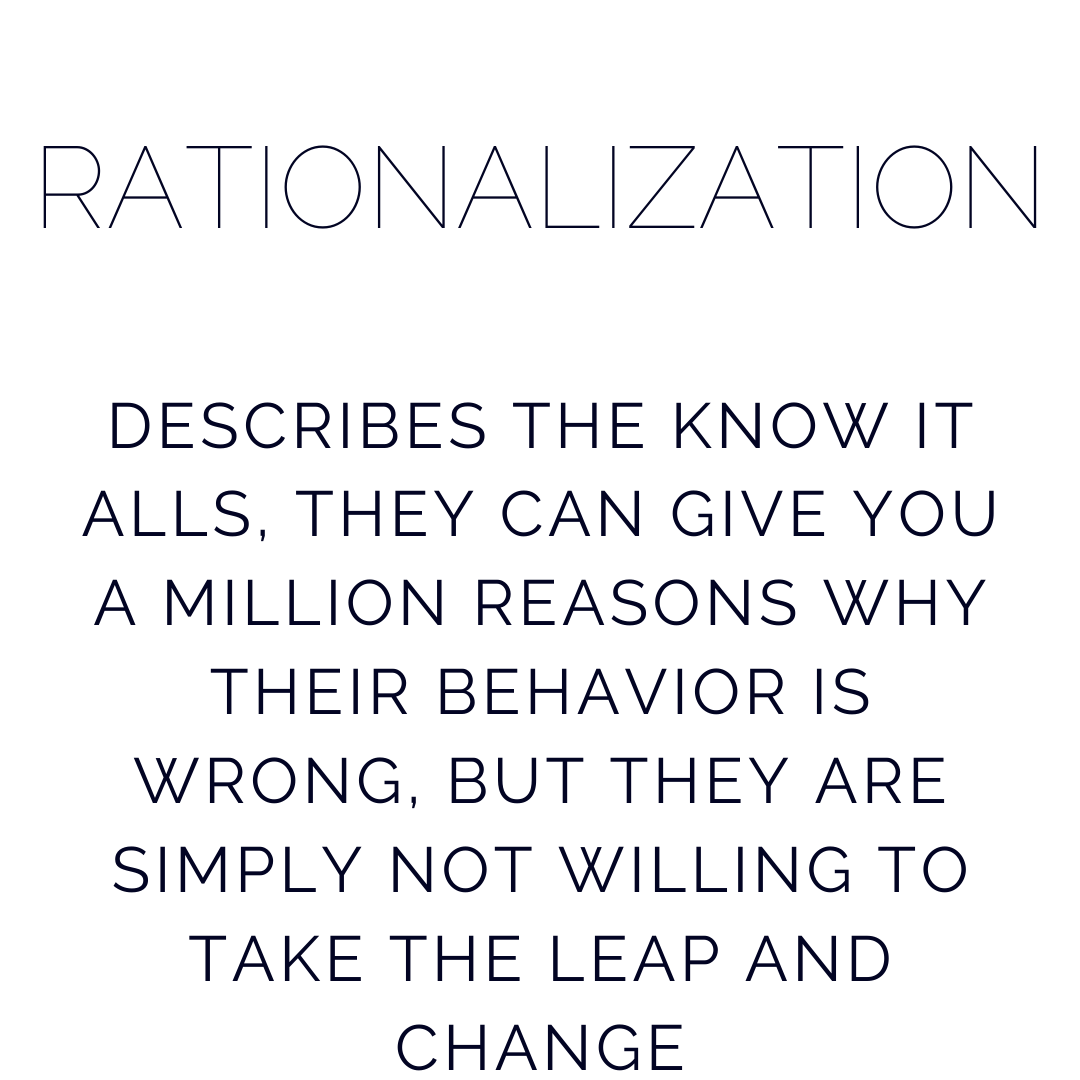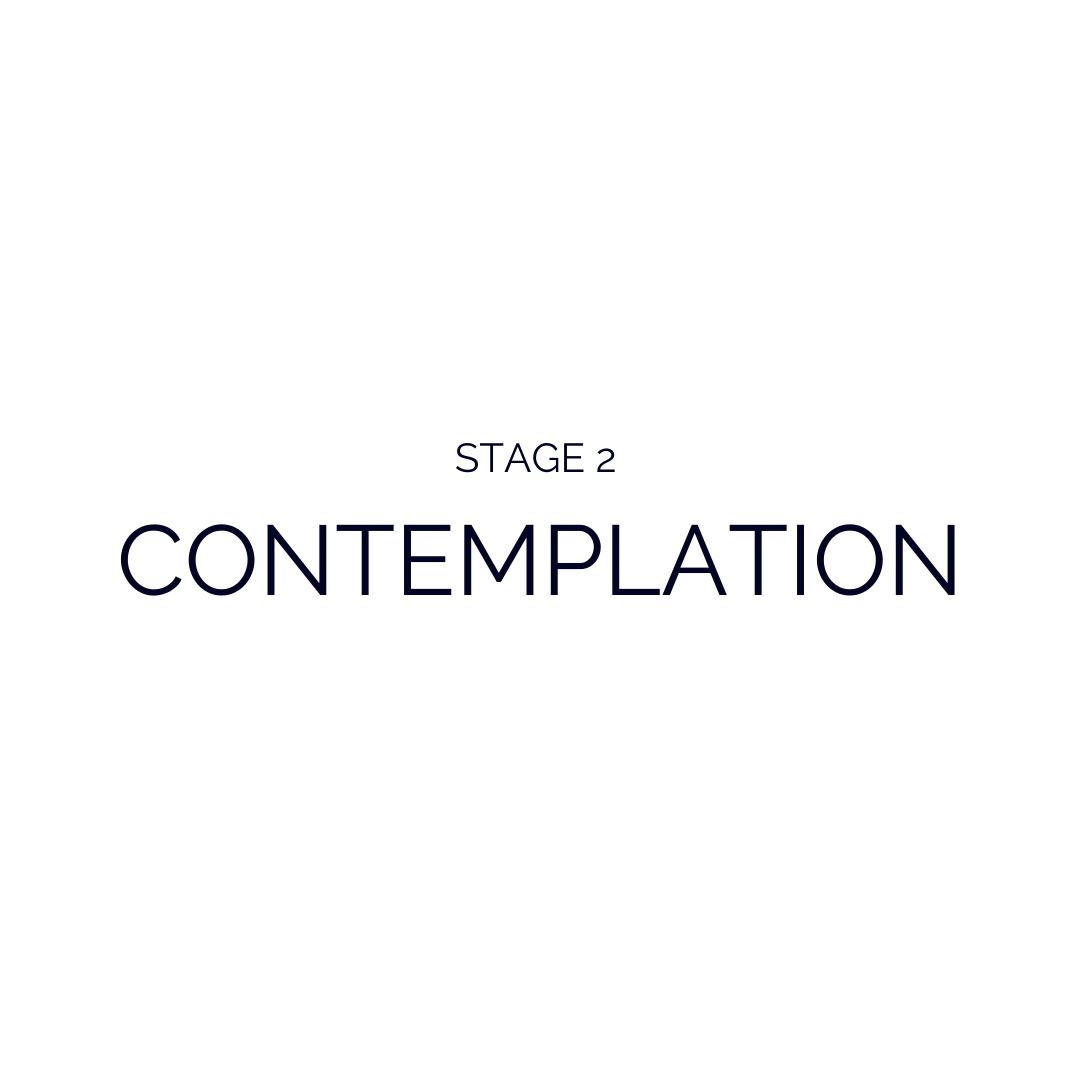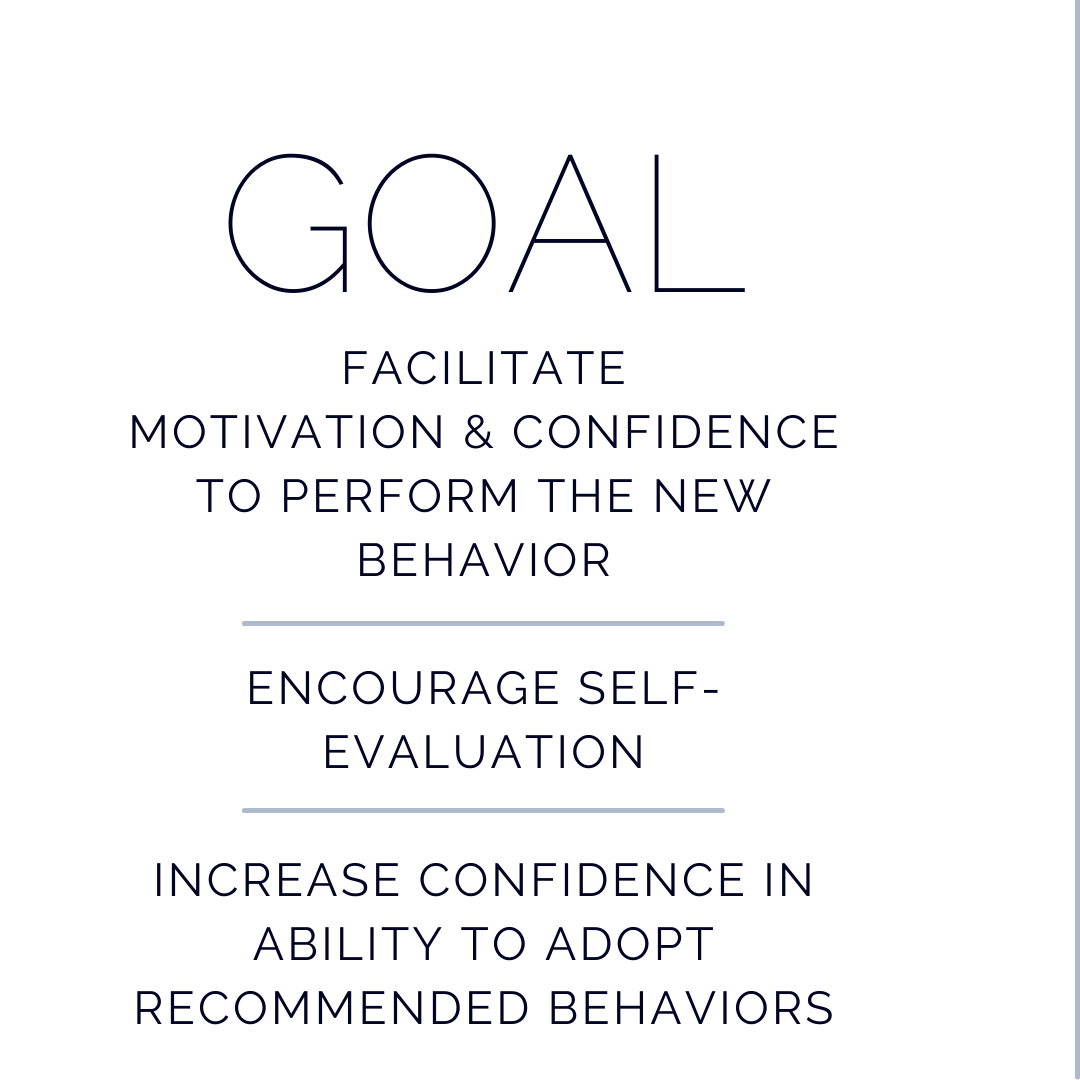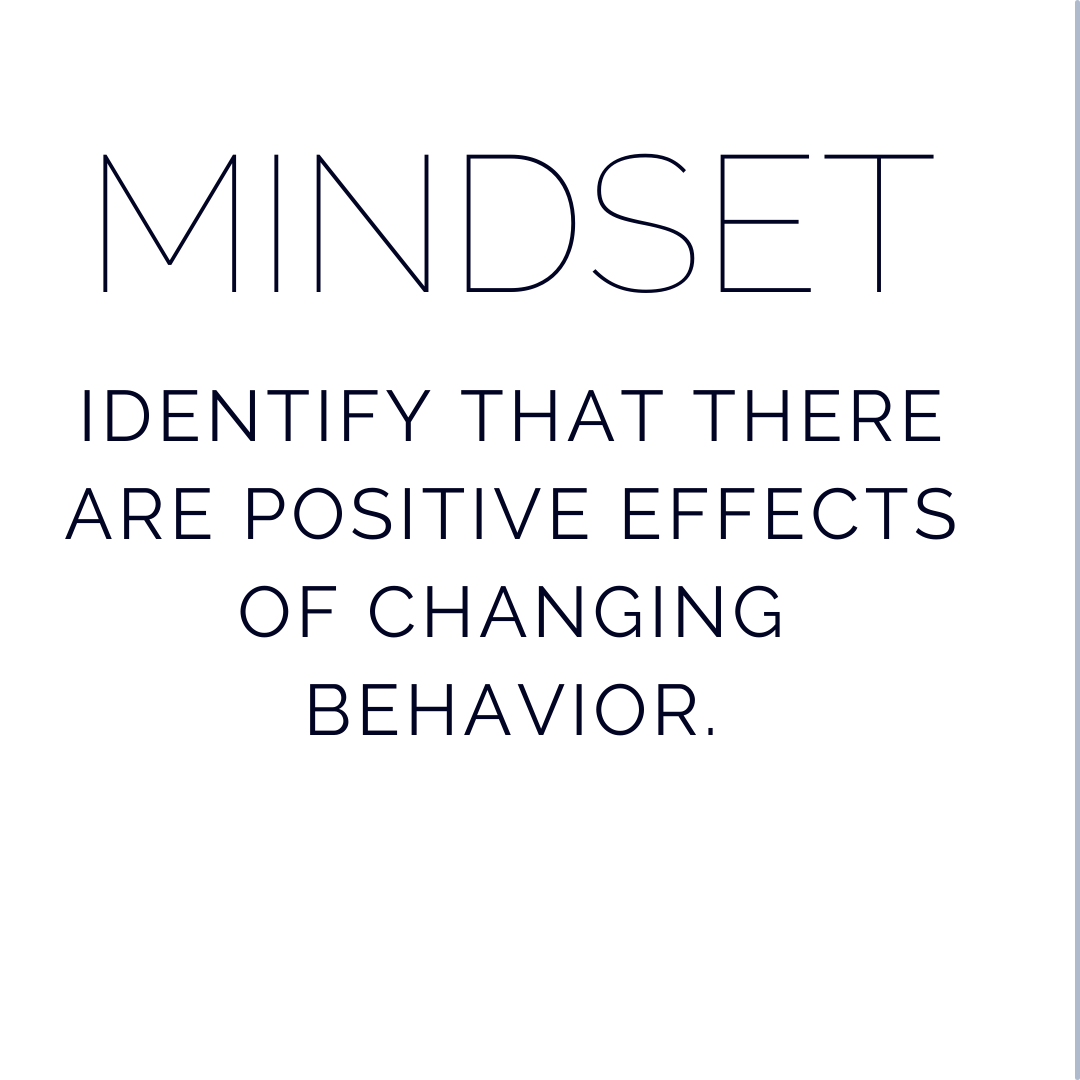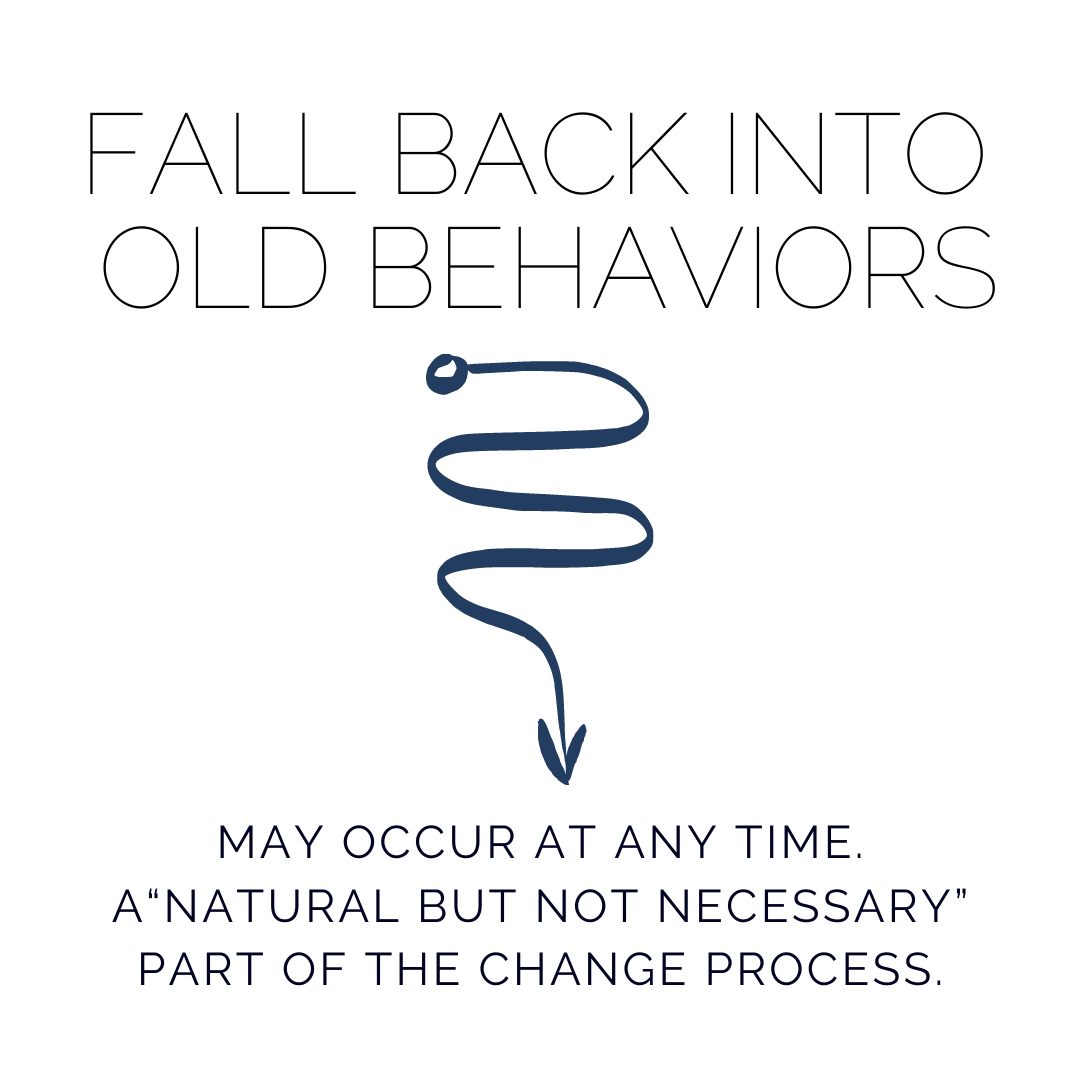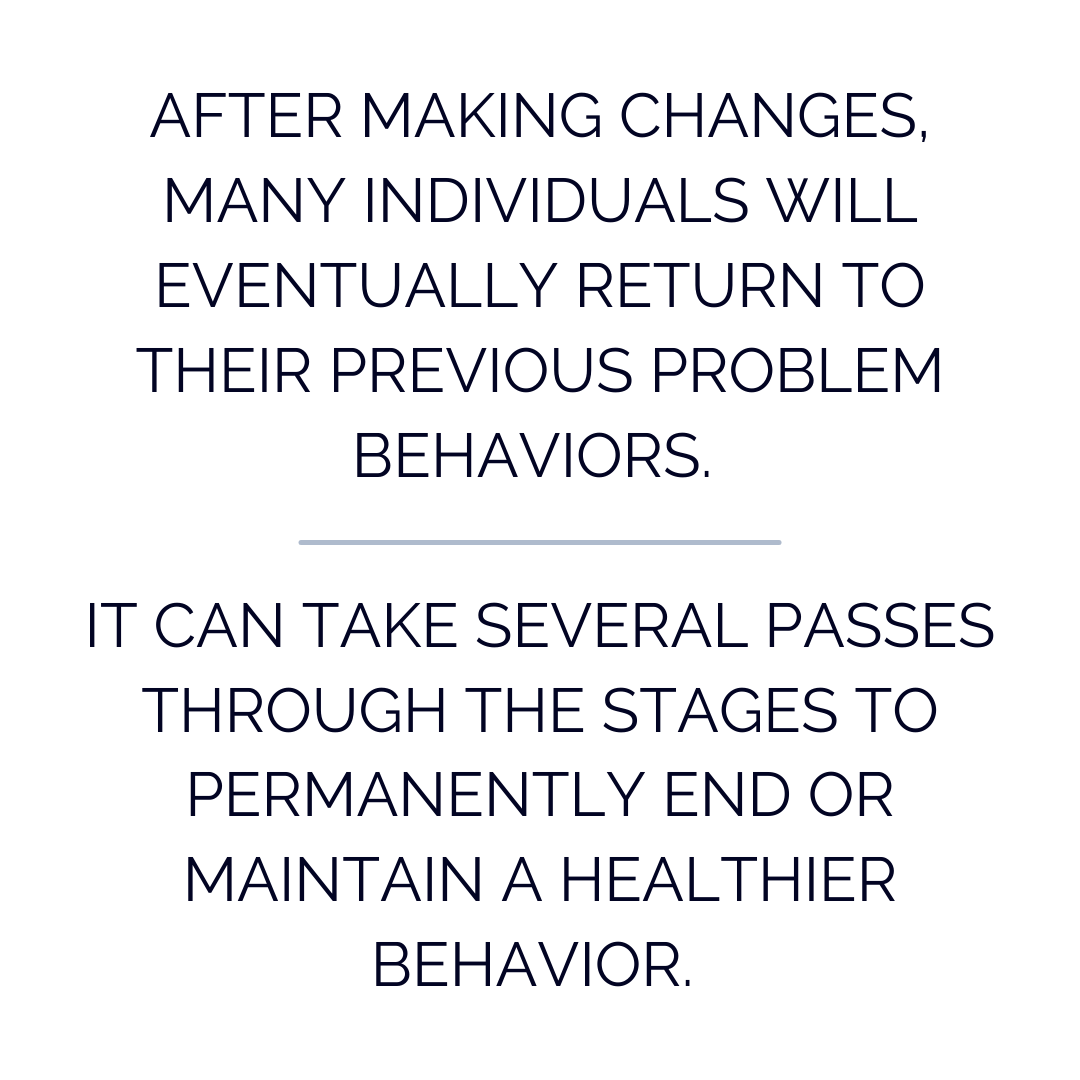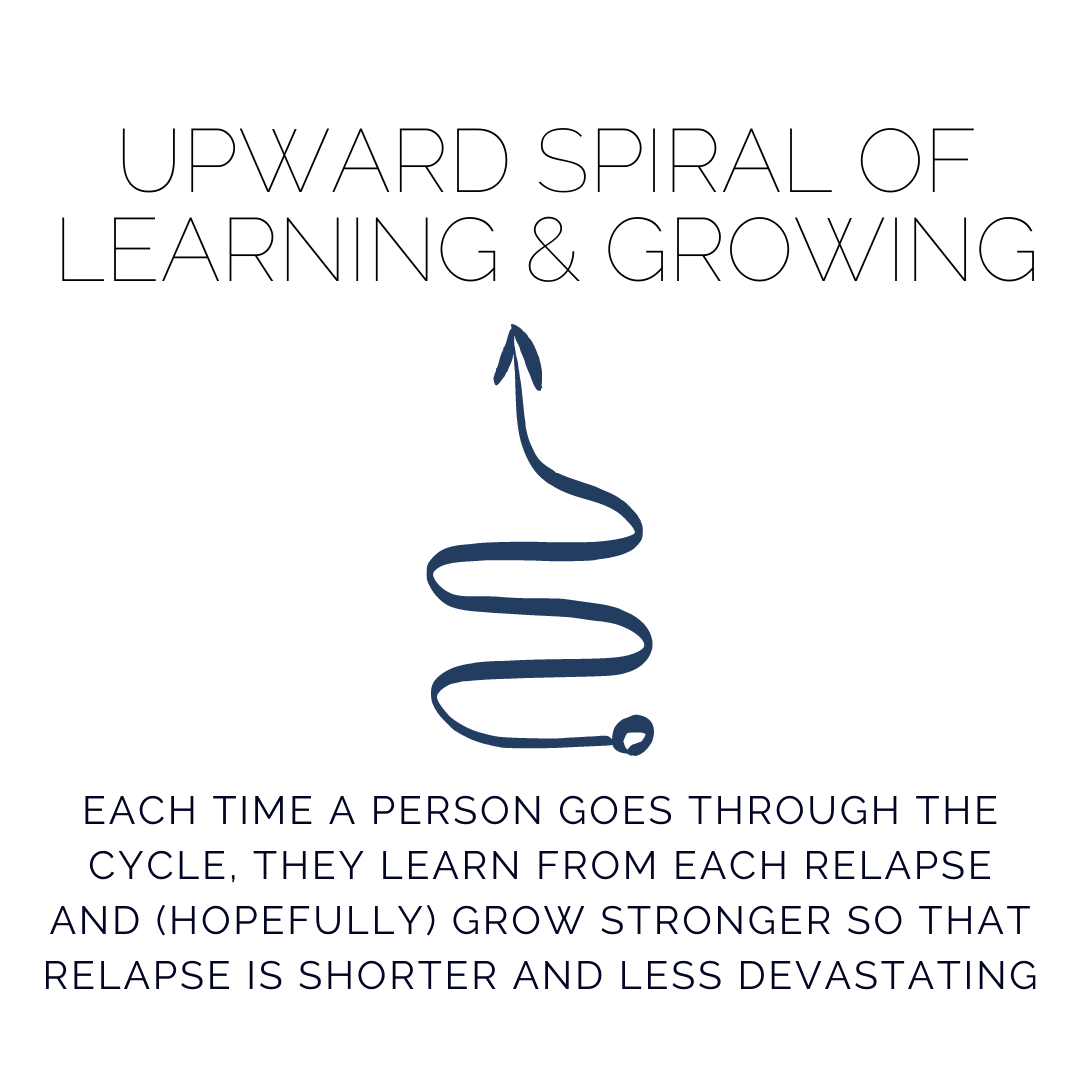STAGES OF CHANGE
KEY CONCEPTS
The Transtheoretical Model (TTM) of change also known as the Stages of Change was devised by Prochaska and Di Clemente.
This model is used in health psychology to explain or predict a person's success or failure in achieving a proposed behavior change. It attempts to answer why the change became a habit or alternatively why the change was not made.
The TTM seeks to include and integrate key constructs from other theories into a comprehensive theory of change that can be applied to a variety of behaviors, populations, and settings—hence, the name Transtheoretical.
There are five stages of behavior change. Simply these stages are:
Precontemplation – not thinking about changing.
Contemplation – beginning to think change may be a good thing.
Preparation – making small changes.
Action – undertaking the new behavior.
Maintenance – the new behavior becomes habitual.
Relapse - Individuals go back to old behaviors.
DURING THE PRECONTEMPLATION STAGE SOME MAY NOT SEE THAT THEIR BEHAVIORS ARE HARMING THEIR HEALTH & MAY RESPOND WITH ONE OR MORE OF THE 4-R’s
REFERENCES
Prochaska, J. O., & DiClemente, C. C. (1986). Toward a comprehensive model of change. In W. R. Miller & N. Heather (Eds.), Applied clinical psychology. Treating addictive behaviors: Processes of change (p. 3–27). Plenum Press. https://doi.org/10.1007/978-1-4613-2191-0_1
Prochaska, PH.D., James O., John C. Norcross, PH.D., and Carlo C. Diclemente, PH.D. Changing For Good. New York, NY: Harperollins Publishers, 1994. Print.
Zimmerman GL, Olsen CG, Bosworth MF. A 'stages of change' approach to helping patients change behavior. Am Fam Physician. 2000 Mar 1;61(5):1409-16. PMID: 10735346.





